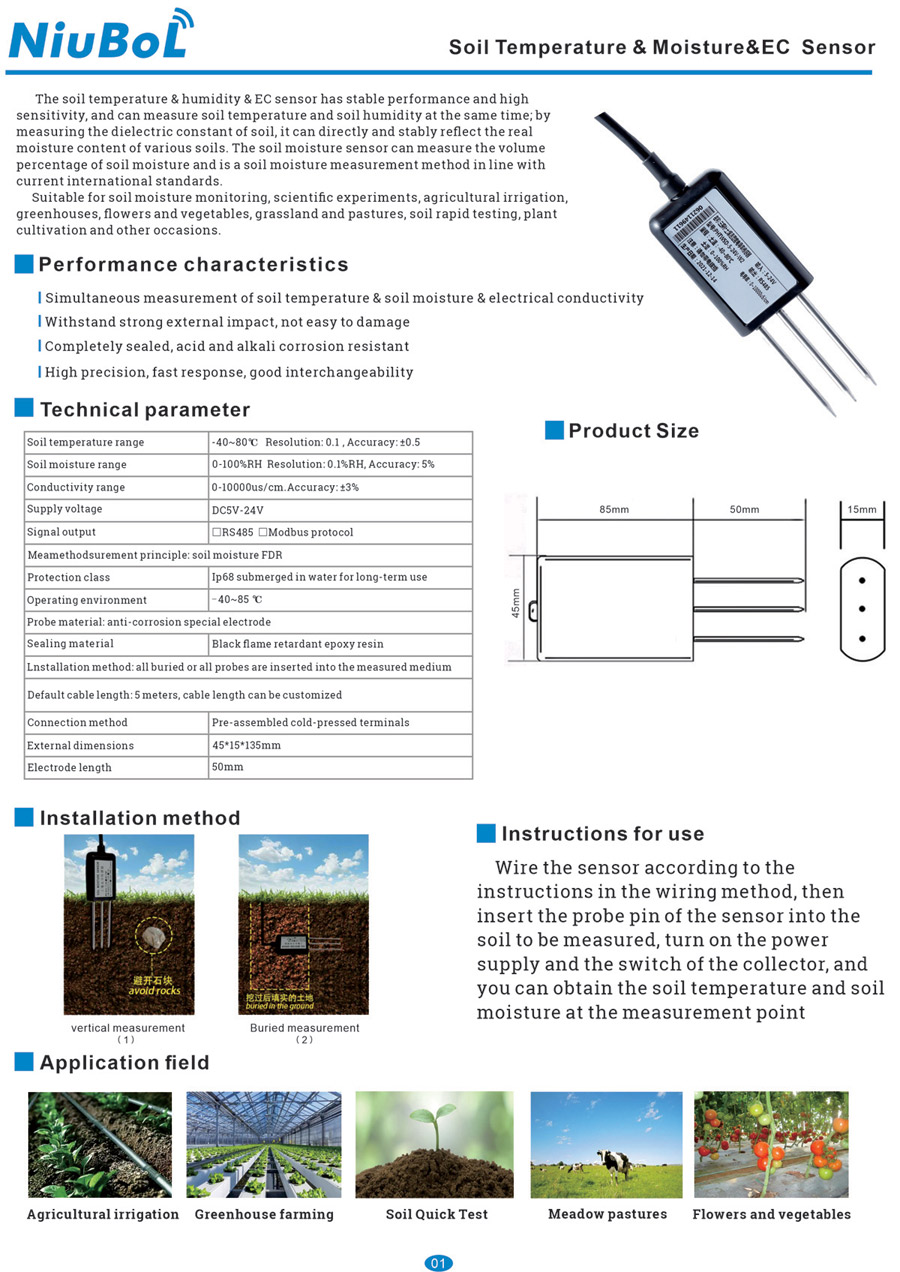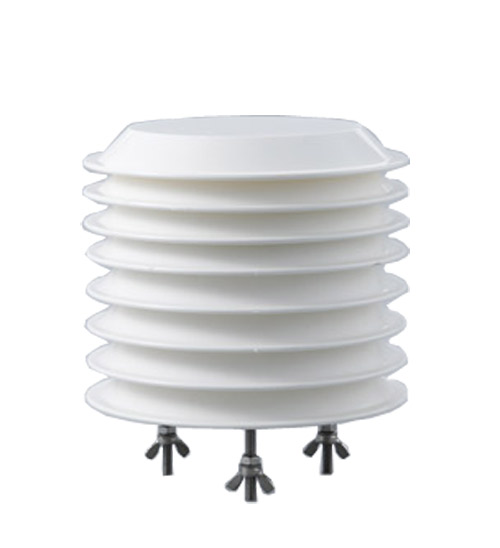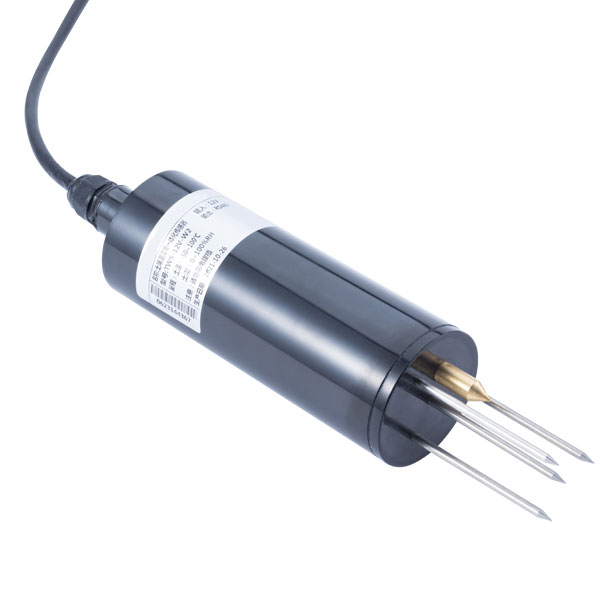

— Blogs —
—Products—
 Consumer hotline +8618073152920
Consumer hotline +8618073152920 WhatsApp:+8615367865107
Address:Room 102, District D, Houhu Industrial Park, Yuelu District, Changsha City, Hunan Province, China
Product knowledge
Time:2022-05-09 19:27:03 Popularity:1100
soil temperature sensor
The soil temperature sensor is a soil temperature sensor that can monitor the temperature of soil, atmosphere and water for experiments and scientific research. Soil temperature, referred to as ground temperature, is a general term for surface temperature and ground temperature. The soil temperature is closely related to the growth and development of crops, the decomposition of fertilizers and the accumulation of organic matter, and is an important environmental factor in agricultural production. Soil temperature is also an extremely important factor in the formation of microclimate, so the measurement and research of soil temperature is an important content in microclimate observation and agro-meteorological observation. The rise and fall of soil temperature is mainly determined by the size and direction of soil heat flux, but also related to soil thermal properties such as soil volume heat capacity, thermal conductivity, density, specific heat and porosity, and soil water content. For non-level surfaces, it is also related to the location and size of the slope.
Soil temperature sensor application
1. Professionally used to measure soil temperature. The range is mostly -40~120℃. Usually connected to the analog collector.
2. Most soil temperature sensors use PT1000 platinum thermal resistance, and its resistance value will change with the change of temperature. When PT1000 is at 0 °C, the resistance value is 1000 ohms, and its resistance value will increase as the temperature rises at a uniform rate. . Based on this feature of PT1000, the imported chip design circuit is used to convert the resistance signal into a voltage or current signal commonly used by the acquisition instrument.
3. The output signal of the soil temperature sensor is divided into resistance signal, voltage signal and current signal.
4. The soil temperature sensor of the voltage and current signal needs to be added with a transmission module, which is usually poured with epoxy resin that is hard, firm, and not easily damaged after curing.

How to use the soil temperature sensor
Usually buried in the soil surface, it can also be measured in layers. A soil drill can be used to dig a hole of an ideal depth at the selected test point on the ground, and bury the sensor in it. Long-term field observation is possible.
Sensors & Weather Stations Catalog
Agriculture Sensors and Weather Stations Catalog-NiuBoL.pdf
Weather Stations Catalog-NiuBoL.pdf
Related recommendations
Related products
 Atmospheric Temperature Humidity Pr···
Atmospheric Temperature Humidity Pr··· Soil Temperature Moisture Sensor 4-···
Soil Temperature Moisture Sensor 4-··· Air temperature, humidity and atmos···
Air temperature, humidity and atmos···
Screenshot, WhatsApp to identify the QR code
WhatsApp number:+8615367865107
(Click on WhatsApp to copy and add friends)